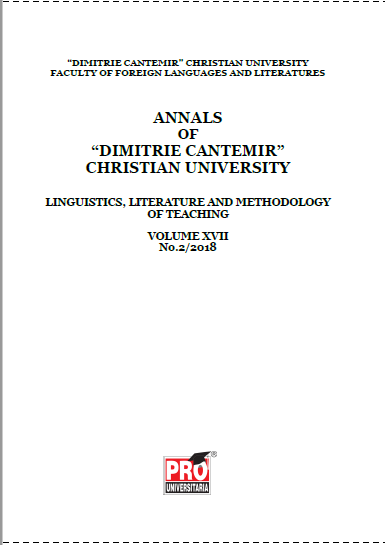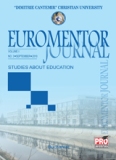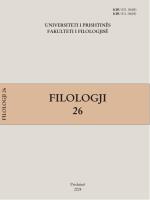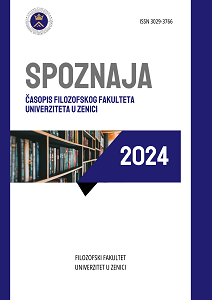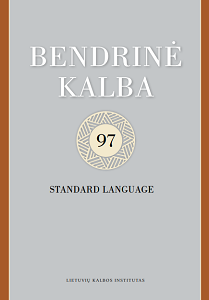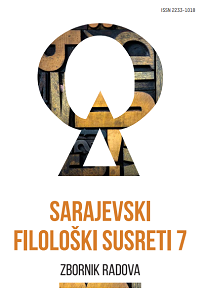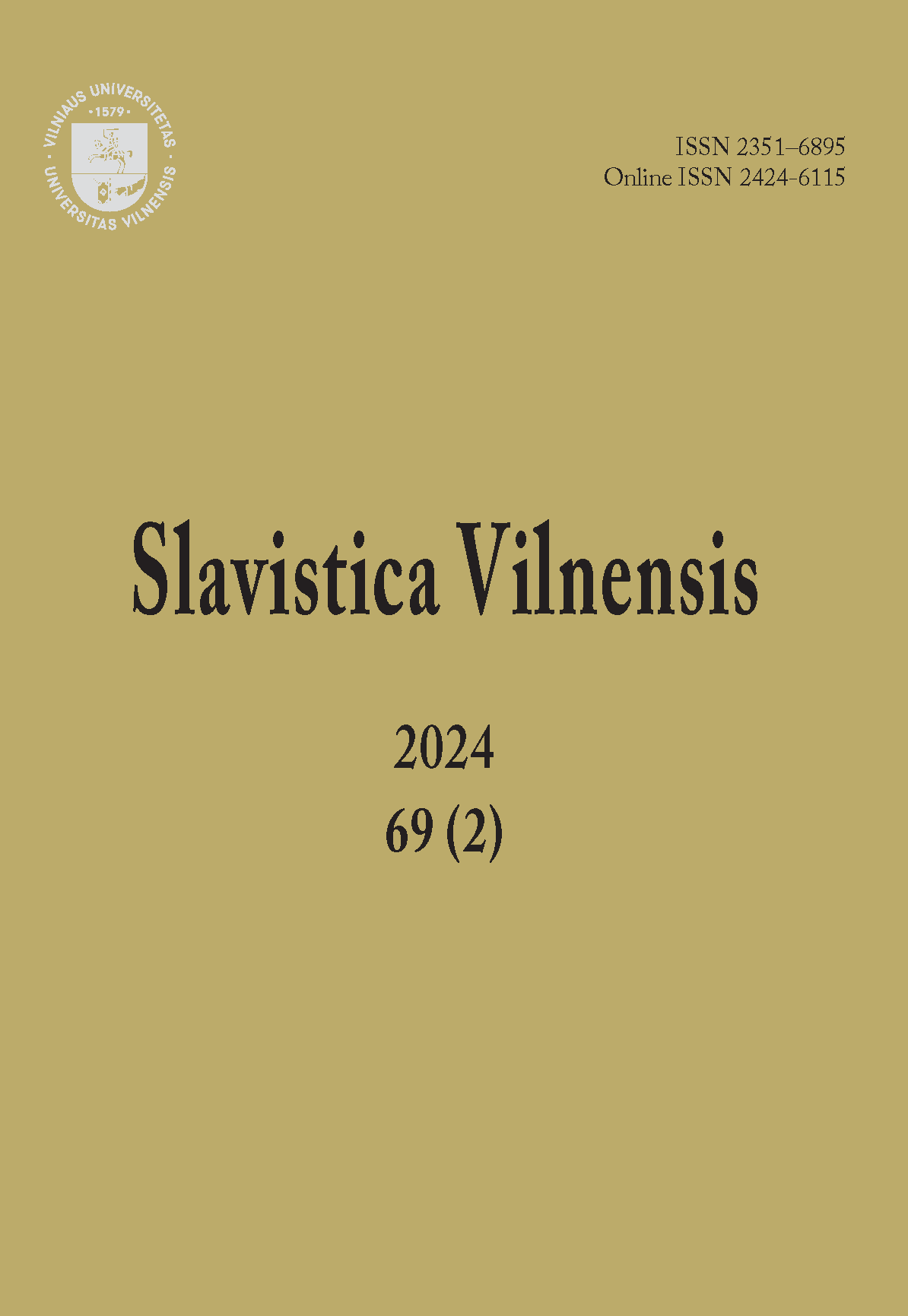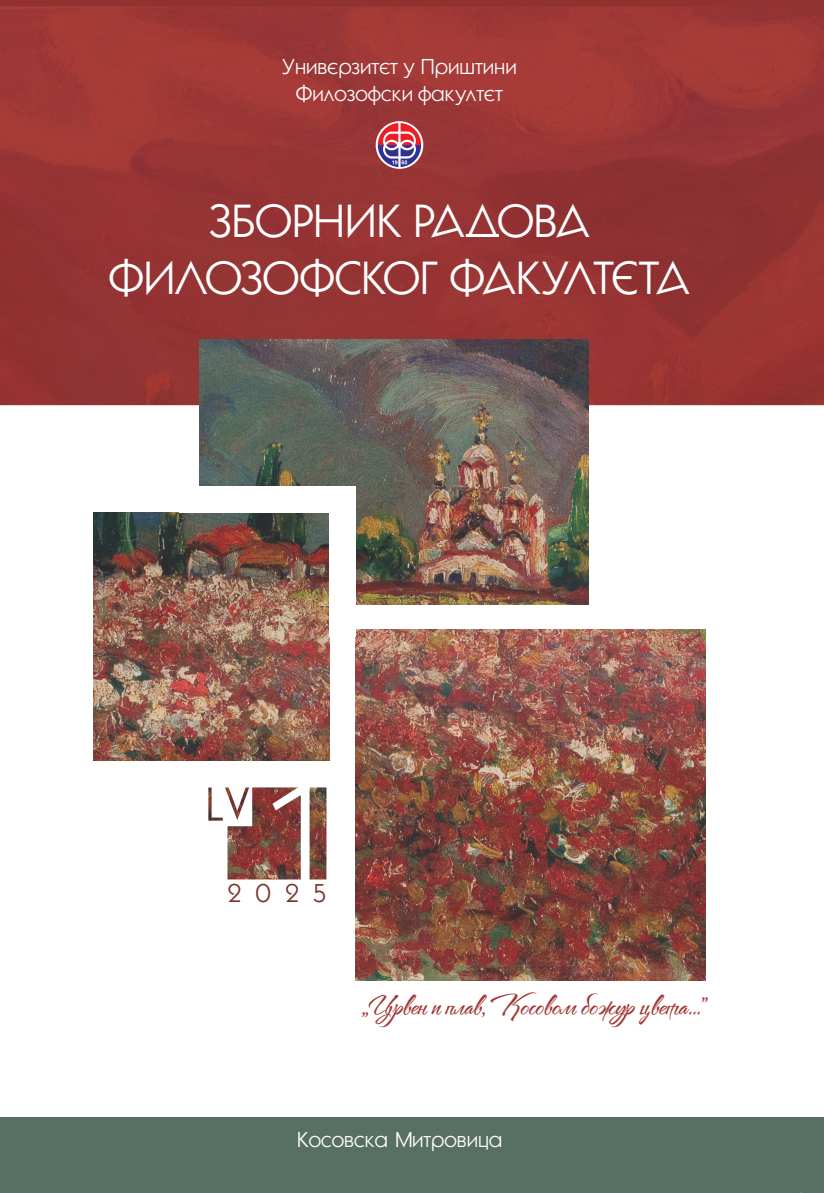Author(s): Eugene Afonasin / Language(s): Russian
Issue: 1/2025
Eschatological ideas began to play a significant role in the ancient religious tradition relatively late. This can be shown by the example of the mystery cults of Isis, Mithras and Cybele, as well as their adaptation and evaluation in early Christian authors, Neoplatonism and Gnosticism. This analysis brings us closer to clarifying the relationship of Judeo-Christian mysticism to pagan mystery practices. We can see how each cult easily finds ideas suitable for it in the rich Greco-Roman religious culture and adapts them to its own needs, often changing them beyond recognition. Operating in a similar cultural and historical context, the creators of the cults of Isis, the Great Mother, Mithras, Yahweh or Christ competed with each other, but at the same time borrowed from each other's basic ideas, the most important of which at the beginning of the era was the idea of personal salvation. If, on the contrary, one assumes that a certain ‘basic’ cult was the donor, forgetting that there was no dominant cult in the Greco-Roman world before the 3rd century AD, neither politically nor demographically, then the researcher, by initially taking an asymmetrical position and thereby assuming the role of apologist, runs the risk of missing in the course of the polemic all the advantages that a comparative-historical approach can offer. We may never get answers to some questions as a result, but an unbiased perspective, untainted by imperial ideology, will make it possible to look at the problem in a more comprehensive and multifaceted way, which, by the way, is facilitated by the excellent and constantly updated collections of inscriptions, archaeological evidence and narrative sources on Greco-Roman cults, such as (in the case of Isis) the RICIS collection.
More...

